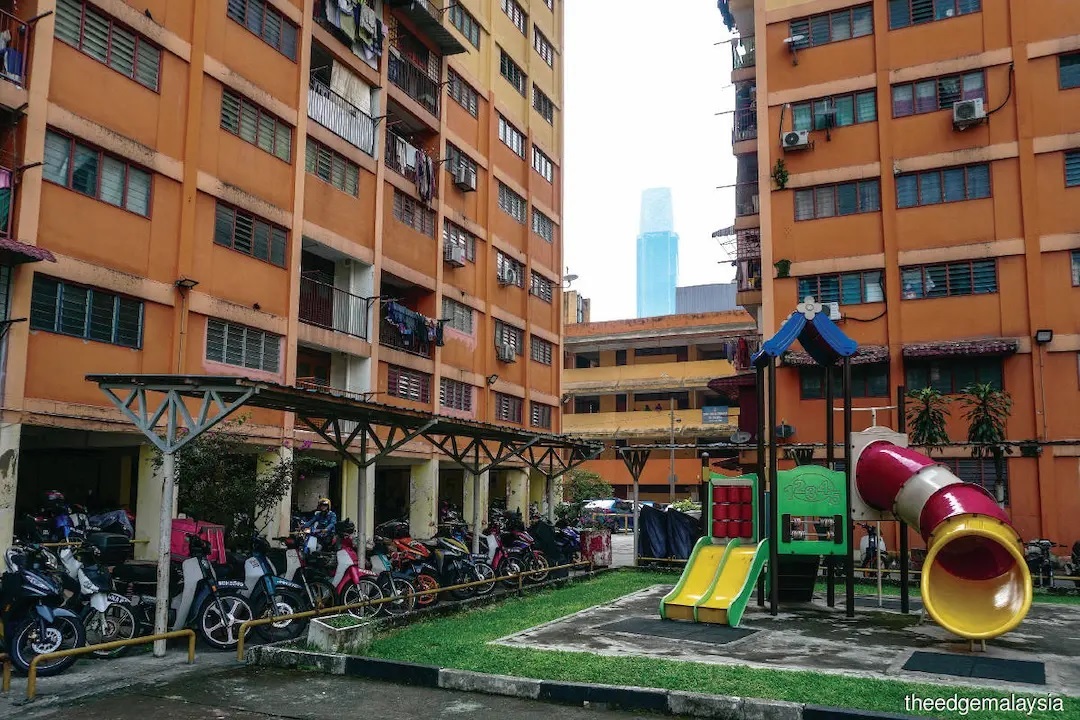Urban Renewal Act urgently needed to revitalise aging cities, improve living standards, says BMAM

- “Not only does the Act acknowledge the importance of property rights while also addressing the need for urban renewal, it also proposes a balance between these two needs, ensuring that redevelopment efforts are fair and beneficial to all involved.”
PETALING JAYA (May 17): Malaysia’s proposed Urban Renewal Act (URA) aims to breathe new life into aging and run-down urban areas by making redevelopment easier, more efficient and to both property owners and developers.
Building Management Association of Malaysia (BMAM) research director Dr Foo Chee Hung said the Act is urgently needed, as many aging buildings across the country are costly to maintain, lack modern facilities, and no longer meet the needs of today’s families.
“Many of these low-rise apartments don’t have lifts, or the lifts often don’t work. The units are too small and outdated for modern living,” he said in a statement.
He also pointed out that some of these properties are no longer owner-occupied and have been rented out to foreign workers. Over time, with poor maintenance, they risk turning into slums.
“However, many of these substandard houses are in good locations and could take advantage of rising land values in urbanizing communities, making it possible to expand into more comfortable living environments.
“By revitalising these housing units with better and more modernised amenities, infrastructure, and public facilities, the units are likely to adhere to the development principles that balance the ecosystem while providing affordable housing for the people,” he explained.
Besides, Foo mentioned the URA will allow redevelopment to proceed even without 100% consent from homeowners, which has long been a barrier to progress. Instead, the Act proposes a 75% to 80% approval threshold.
“Not only does the Act acknowledge the importance of property rights while also addressing the need for urban renewal, it also proposes a balance between these two needs, ensuring that redevelopment efforts are fair and beneficial to all involved.
“Homeowners are still in control. If a proposal doesn’t meet their needs, they can reject it. It’s not easy to fool 75% to 80% of people into agreeing to something that doesn’t benefit them,” he explained.
At the same time, Foo said developers are expected to be cautious. Securing approval from 75% to 80% of homeowners can take years, and only financially viable projects are likely to proceed.
“It takes a very gutsy developer to participate in a development like this. The final arbiter will depend on a willing buyer willing seller basis,” he expressed.
Want to have a more personalised and easier house hunting experience? Get the EdgeProp Malaysia App now.
Never miss out
Sign up to get breaking news, unique insights, event invites and more from EdgeProp.
Latest publications
Malaysia's Most
Loved Property App
The only property app you need. More than 200,000 sale/rent listings and daily property news.
